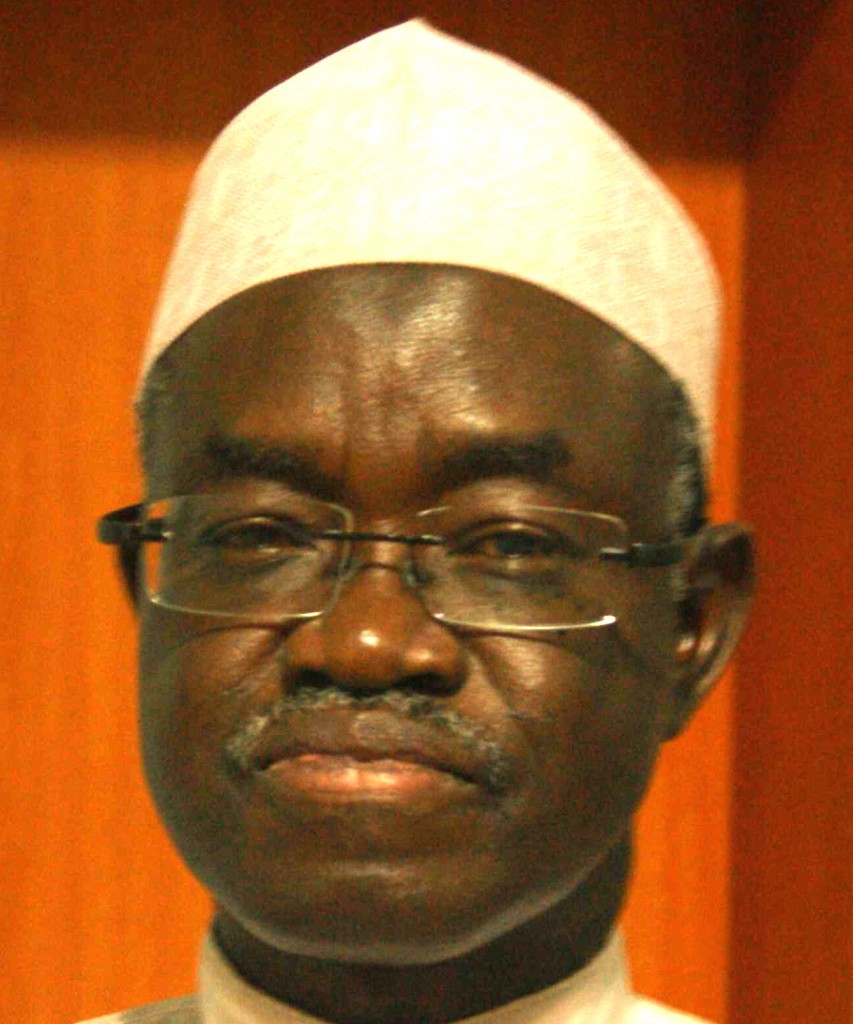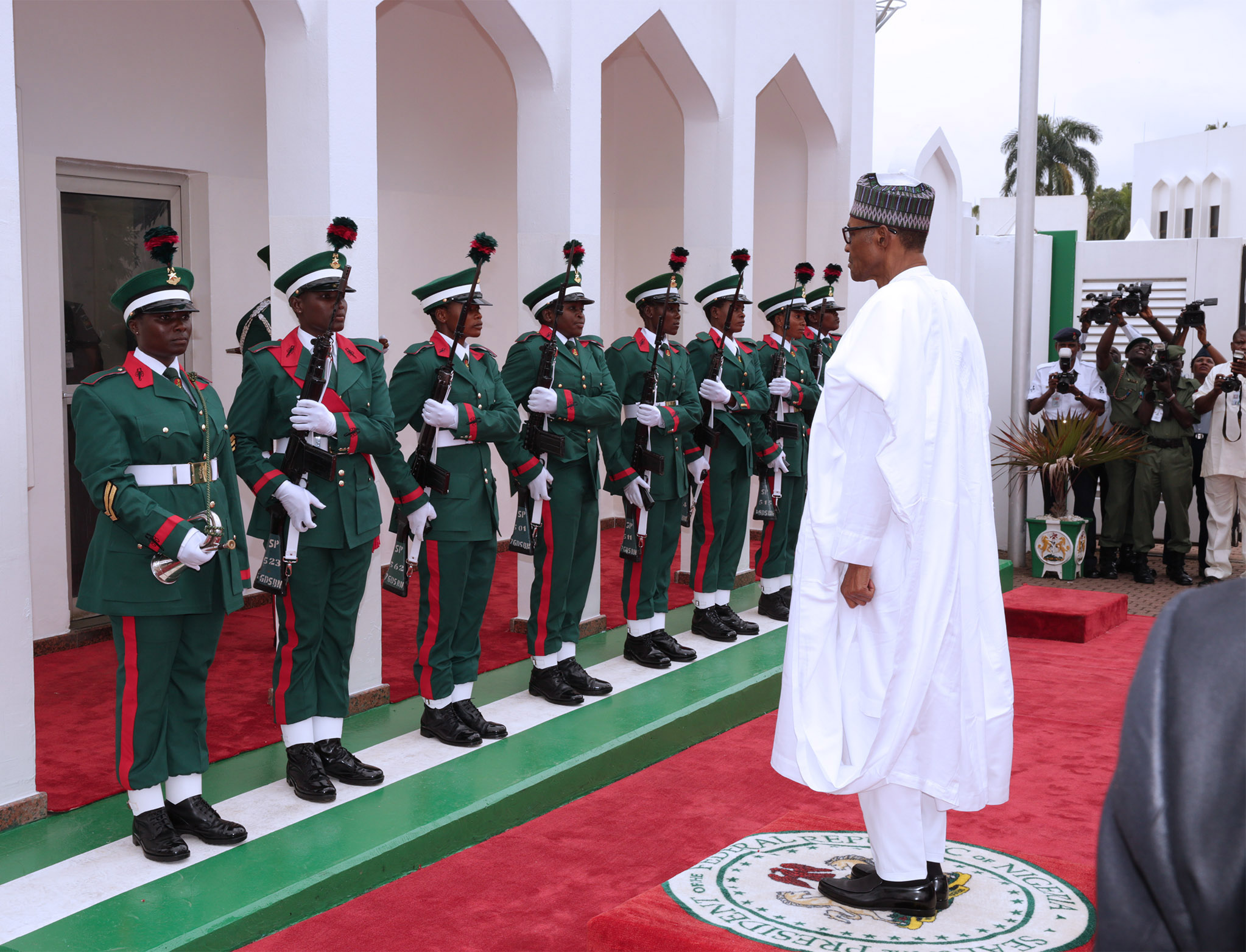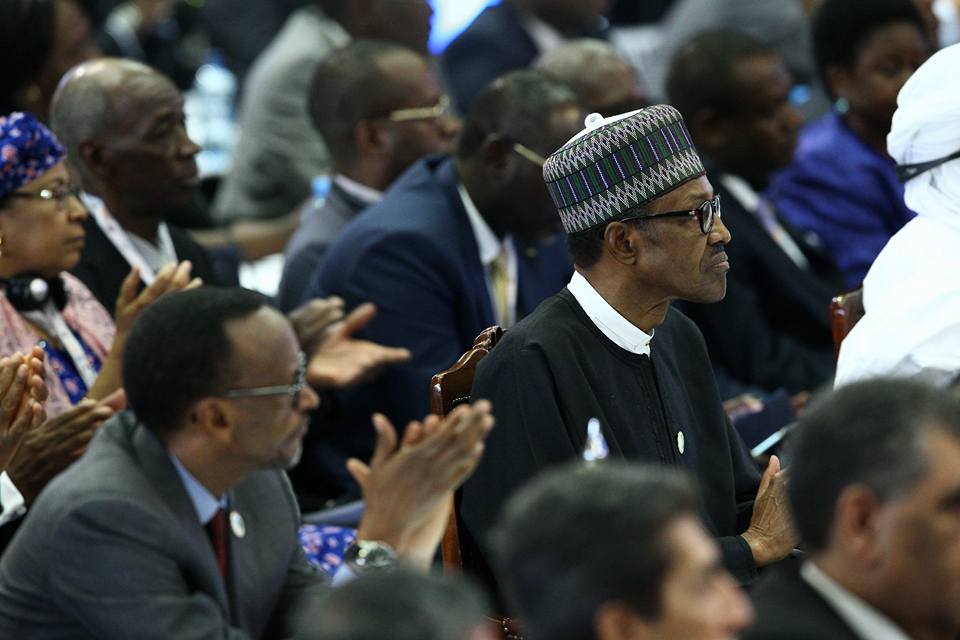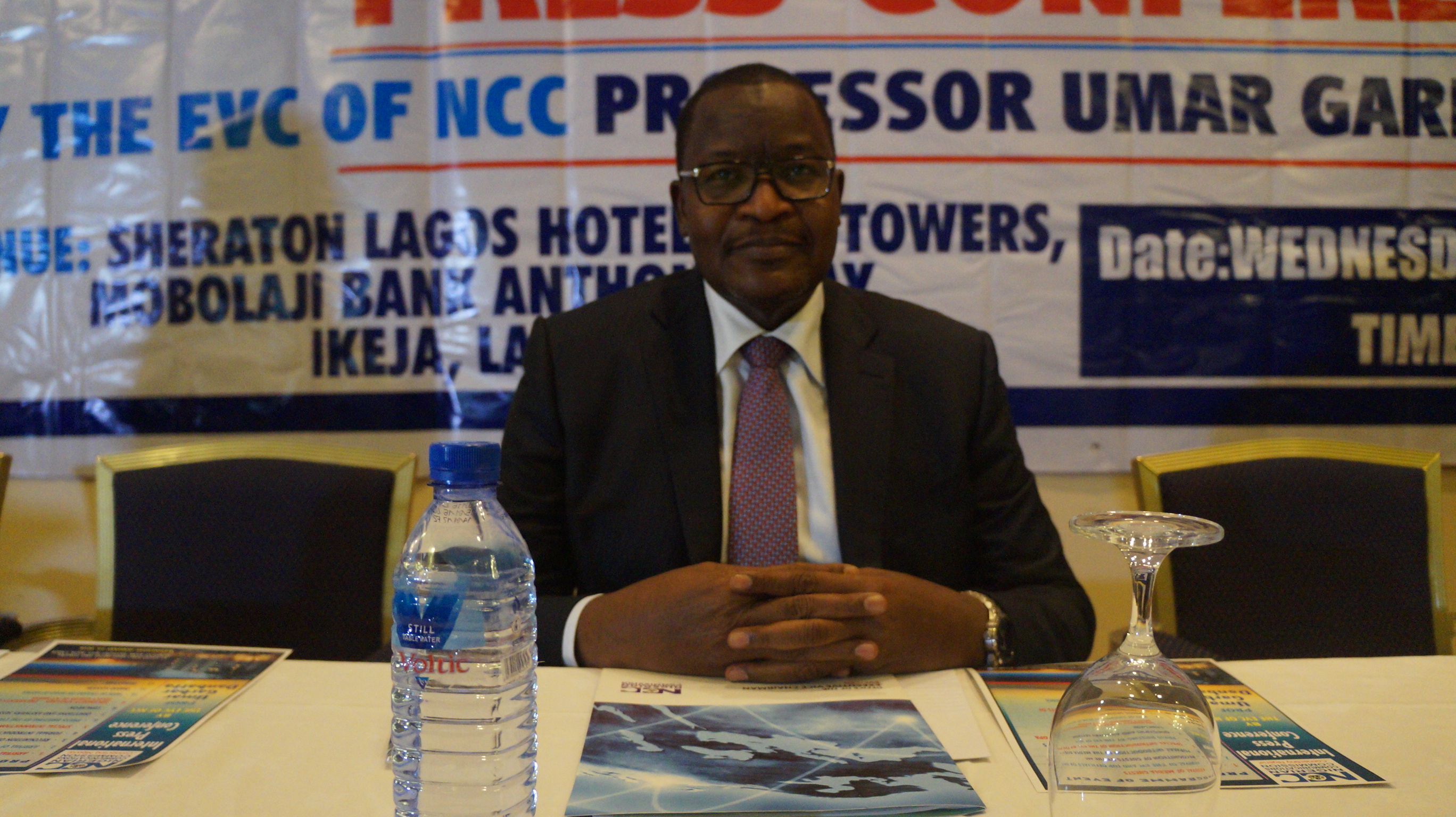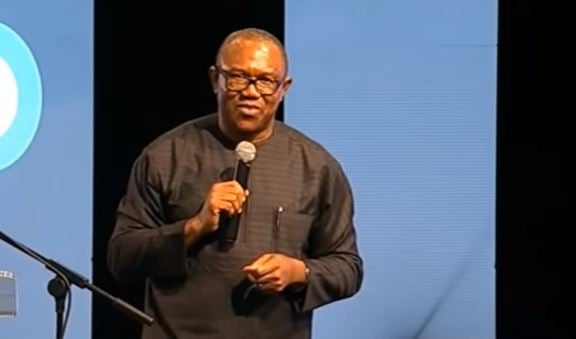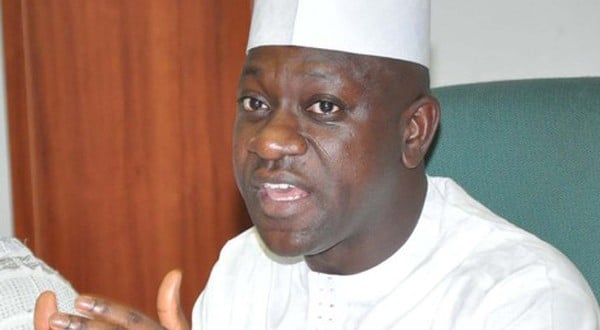By now the reader may have heard of the Council of State’s approval about four weeks ago of my nomination, along with five others, by President Muhammadu Buhari to serve as INEC national commissioners. This was to complete the commission’s full compliment of 13 national commissioners, including the chairman, as opposed to the current seven.
Last week, news came that our names have been forwarded to the Senate for approval. Hopefully we will get its nod this month after which we will be sworn in by the President to assume office.
Several readers have since sent me texts asking if this means an end to my column. Only God can answer that. But what is certain is that there will be a five-year break in transmission between my readers and I as long as I am in INEC; you can’t be a public servant and pundit at the same time.
Indeed I have decided to anticipate Senate’s approval by making today my last appearance until, God permitting, my tenure ends successfully five years hence. Only then can I tell whether I can resume transmission or not.
Advertisement
As a somewhat valedictory column I have decided to reproduce an edited version of a chapter I contributed to a collection of essays published eleven years ago by Diamond Publications Ltd, publishers of Media Review magazine, and edited by journalism veteran, Lanre Idowu. The collection, “Voices from Within: Essays on Nigerian Journalism in Honour of Sam Amuka,” was in celebration of the 70th birthday of Amuka, publisher of Vanguard and one of Nigerian journalism’s enduring and genuine icons.
I have also decided to correct the factual errors I made in my last two columns for the records. The corrections are at the end of this piece. And as my last piece for the next five years it is long, part historical and part autobiographical. I hope the reader will indulge me to the last word.
Once upon a time to be a columnist was the equivalent of being a United State’s senator; you became one only after you’d paid your dues. The rough equivalent of the word senator in Hausa is dattijo, someone whose longevity and experience has made him wise and firm in his convictions and is therefore worthy of respect.
Advertisement
I wasn’t exactly old when I started writing a column on November 8, 1977. But I did have some experience. Long before I became a professional journalist in 1976, I had always been fascinated by the printed word. Growing up as a kid back in the late ‘50s and in the ‘60s in Sabon Gari, Kano, two of my favourite haunts were the premises housing The Comet newspaper along Yoruba Road, not far from our home on Niger Road, and the bigger and better premises housing The Mail on the outskirts of Fagge.
The Comet, as those old enough would know, was part of Dr. Nnamdi Azikiwe’s vast press empire. It was the official mouthpiece of the leading opposition party in the North, the Northern Elements Progressive Union (NEPU), led by Malam Aminu Kano, and other radical politicians like Malam Sa’ad Zungur from Bauchi and Malam Abubakar Zhukogi from Bida, my hometown in Niger State. Zhukogi was Malam Aminu’s deputy. NEPU was then in alliance with Zik’s National Congress of Nigeria and Cameroon (NCNC).
The Mail, which was better printed, was, on the other hand, the official mouthpiece of the ruling Northern Peoples’ Congress, under the leadership of the Sardauna, Sir Ahmadu Bello, North’s premier, and other conservative politicians like Alhaji Aliyu Makaman Bida, his deputy, and Sir Abubakar Tafawa Balewa, the country’s first prime minister.
Even though compared to The Mail, The Comet was little more than a rag sheet considering its somewhat dirty look, it was my favourite, mainly because of a column in it with the frightening title of “Tit-bits by Aradu,” Aradu being the Hausa word for thunder. It was an anonymous column and always contained bits of irreverent comments about the people and politics of the time.
Advertisement
The Mail and The Comet were provincial and local and they were no match for the Daily Times and Sunday Times as the leading national newspaper. Indeed in those days the name Daily Times was synonymous with the word newspaper.
By the time I finished my primary school in Kano in 1964 and headed home for my secondary school education the following year, my fascination with the printed word knew no bounds. I simply could not resist anything that was printed – newspapers, magazines, novels, non-fiction, anything. In my fifth and final year in school, I became the deputy library prefect and the deputy editor of the school’s magazine called The Dove.
Then I got into big trouble. In my first year of Higher School Certificate (HSC) a riot broke out in the school. The principal, Mr. Albert Ozigi, concluded I must have been among its ringleaders on no stronger evidence than that I was a fairly outspoken deputy editor of the school’s magazine. Eventually I was expelled. This was in 1970.
That year Ahmadu Bello University, Zaria, had started its School of Basic Studies to prepare secondary school graduates for direct entry into its degree programmes as a compliment to the HSC. Its pioneer students were all Arts students. The second year, i.e. 1971, it started to admit Science students. That year I got admitted among the second set of Arts students – with more than a little help from Mr. Ozigi, who sent in an excellent reference to the SBS authorities. By then he had realized that his decision to expel me was a mistake. As he found out eventually, I was actually in the school library with the Library Mistress, one Mrs. Larson, an American Pace Corp, reorganizing the library when the riots broke out.
Advertisement
Upon gaining admission in 1973 to read B.Sc. Government, I plunged straight into campus journalism. Campus journalism then, possibly even now, was essentially gossip and anonymous journalism, much of it slanderous, if not criminaly libelous. The rag I joined carried the improbable title of Bullet.
In my final year, myself and two colleagues, Clem Baiye, now a director at National Communication Commission, and Sa’idu Adamu, senior lecturer in Political Science Department of A.B.U., decided to change the face of campus journalism. We founded a rag called Campus Monitor and for the first time in the history of Campus journalism, appended our names and hostels on the paper’s imprint. So sure were we of the news and views we would publish.
Advertisement
We thought this pioneer effort deserved support of the campus authorities. Apparently we couldn’t have been more wrong.
Our first edition carried a story in which we asked some awkward questions about the Student Union finances. The president, Malam Adamu Waziri, Police Affairs minister under President Olusegun Obasanjo, was not amused and dragged us before a disciplinary panel under the university’s dean of student affairs, Dr. Chris Abashiya. We successfully defended our story, or so we thought. Still we lost the newspaper. At that time the school authorities had decided the campus rags generally had become too much of a threat to the peace and stability of the university and embarked on a censorship drive that effectively killed them.
Advertisement
At the time we founded Campus Monitor, Clem and myself were already writing news and opinion pieces for Saturday Extra, a pullout of the New Nigerian, which by then had become the country’s pre-eminent newspaper on account of the literacy and authority of its editorials and of its famous Candido column which appeared every Wednesday. This was not to talk of the accuracy of its news.
Saturday Extra was a human interest and light-entertainment pullout. Among its many attractions were street level interviews on topics of the day, articles on popular music and native boxing, etc, and a column by Theresa Bowyer, one of the pioneer women journalists in Nigeria. Those old enough will recall her “Theresa’s Page” in the Sunday Times in the 50s through the ‘60s, a column in which she mostly discussed women’s lifestyle.
Advertisement
While Clem and myself wrote on campus life from ABU, Yakubu Mohammed, the deputy chief executive of the rested Newswatch, wrote from the University of Lagos, while Sully Abu, the managing director of New Age, also since rested, wrote from University of Ibadan (UI). Sully, if my memory serves me right, was later joined in Ibadan by Mvendaga Jibo, now a professor in communication studies at the Benue State University, Makurdi.
Upon graduation, first Yakubu and myself and later on Clem from ABU, Sully, Mvendaga and Rufa’i Ibrahim from UI, all joined the New Nigerian. One of my most exciting periods after becoming a professional journalist in 1976 was a series of interviews I did with 14 delegates to the 1977/78 Constituent Assembly on various issues in the Draft Constitution. These fourteen were Alhaji Shehu Shagari in Sokoto, Malam Adamu Ciroma in Kaduna, Chief C. C. Onoh in Enugu, Chief Nwobidike Nwanodi in Port Harcourt, Malam Aminu Kano in Kano, Chief Richard Akinjide in Ibadan, Chief Soji Odunjo in Abeokuta and Dr. Sola Saraki in Lagos. The rest were Professor Omo Omoruyi in Benin, Alhaji Yahaya Gusau in Kaduna, Dr. Abubakar Usman in Zaria, Mr. George Hoomkwap in Jos, Mr. Stanhope Alozie Ubani-Ukoma in Aba, and Dr. Suleiman Kumo also in Zaria.
Before these shuttle interviews, however, I had covered the activities of the Constitutional Drafting Committee (CDC), including seminars on the draft Constitution itself. During one such seminar in late March 1977 in Zaria, I exclusively reported Malam Aminu Kano of accusing the military government of General Murtala Mohammed of exerting “soft subterranean influence” on the work of the CDC.
This story stirred the hornet’s nest, provoking criticisms from some of CDC’s members, including the chairman, Chief Rotimi Williams, who threatened to sue the newspaper and Malam Aminu if he did not retract his accusation. Far from doing so, the malam sent in a two-paragraph letter to the New Nigerian, reaffirming it. “I must”, he said in the letter published on the front page of the newspaper on March 31, 1977, “finally say that I have grown old enough in the politics of Nigeria and generally politics of Africa to avoid equivocation or sycophancy and to know the difference between political consistency which is hard to maintain, and political acrobatics, simple to operate. The first I will continue to do, but the second I condemn and reject, death, suffering and ostracisation notwithstanding.” We never heard from Chief Williams after that.
I suspect it was these series of interviews and my familiarity with the subject of constitution drafting which paved the way for me to become New Nigerian’s first signed political columnist. Long before me there was, of course, the inimitable Candido, but it was anonymous. It was, however, an open secret in the company, possibly outside it, that Candido’s main authors were Malam Adamu Ciroma, the managing director, Malam Mamman Daura, the editor, and Malam Turi Muhammadu, the managing editor. They wrote signed pieces occasionally but none of them wrote a signed column and, in the tradition of The Economist and presumably because, in their humility, they believed signed columns were ego trips that distracted from the heavy responsibility of editing and managing a paper, they discouraged it.
I suppose it was my familiarity with the leading names in the 1977/78 Constituent Assembly, arising from my series of interviews and my coverage of the CDC, which led to the management’s decision to assign me to cover the 1977/78 Constituent Assembly and also allow me to write a column on goings-on at the Assembly. Whatever the reason, I was grateful for the opportunity and grabbed it with both hands.
Thirty nine years on next month, the excitement and the pleasure of being able to share my views on politics with readers has hardly abated for me. I was barely two years into professional journalism when I was given a column. By then, however, I had practiced amateur journalism long enough to claim I had paid my dues.
These days it seems every rookie believes he deserves to be a columnist. Which is all right since ambition can be a virtue. What is not all right, however, is how editors and publishers appear too liberal in obliging the demands for columns, going by the countless number of empty and barely literate columns you see in the print media today.
The result is that columnists, with few exceptions, have become poor salesmen of their publications and of their own ideas and objectives. The yardstick of success as a columnist is hard to quantify by virtue of the commodity of his trade, namely ideas. Still it is fairly accurate to say success can be measured in the debate that a columnist provokes. As Ken Saro-Wiwa said when he started his column, Similia, in the Sunday Times in 1989, “I will proffer solutions, not in the sense that whatever solution I propose is best, but in the sense that it will stir up debate and thought, possibly give some people sleepless nights or nightmares when they do manage to sleep.” It is hard to think of a better yardstick for success as columnist.
From my experience, to be a good salesman whatever your product, you need style and you need substance. With few exceptions both qualities seem lacking in most columns in newspapers and magazines these days.
Any columnist wishing to excite the reader must be willing to get off his armchair and do solid spadework. He must spend time cultivating and talking to sources. He must also spend time searching for, and painstakingly reading, documents and books. It is such hard work that will give his column the substance that will help make it compulsory reading as result of which he may become successful in his salesmanship.
Equally important, if not even more so, is his style. Substance is important for successful salesmanship of your newspaper and of your own objectives. But you need the right style to get the reader to read your substance.
Your style is unique to you. You may take your cue from the old masters. You can learn humour from Sad Sam (Sam Amuka), wit from Peter Pan (Peter Enahoro), political insight from Haroun Adamu, or polemics from Ken Saro-Wiwa, but you can never write exactly like them no matter how hard you try simply because you are you and they are they.
But no matter how you write it is important, indeed critical, for your success that you write with clarity, with simplicity, with precision, with conviction and, above all, by avoiding offensive language. Offensive language alienates instead of engaging the reader.
Once upon a time the typical columnist used to be an effective salesman of his newspaper or magazine. He was effective because he knew his onions, having worked the streets and known all the major actors in his line of punditry. Today there are still some columnists that are effective. But few excite the reader like the Sad Sams, the Peter Pans, and the Aiyekotos (Bisi Onabanjo) of old.
Part of the problem is the challenge the electronic media and the Internet pose for the print media. The main problem however is that most columnists as salesmen of their products and thoughts do not seem to have the right style and enough experience and conviction behind them. It is time the editors and publishers in the print media reconsider the ease with which they give columns to every rookie who thinks he has the Wisdom of Solomon to share with readers.
Views expressed by contributors are strictly personal and not of TheCable.
